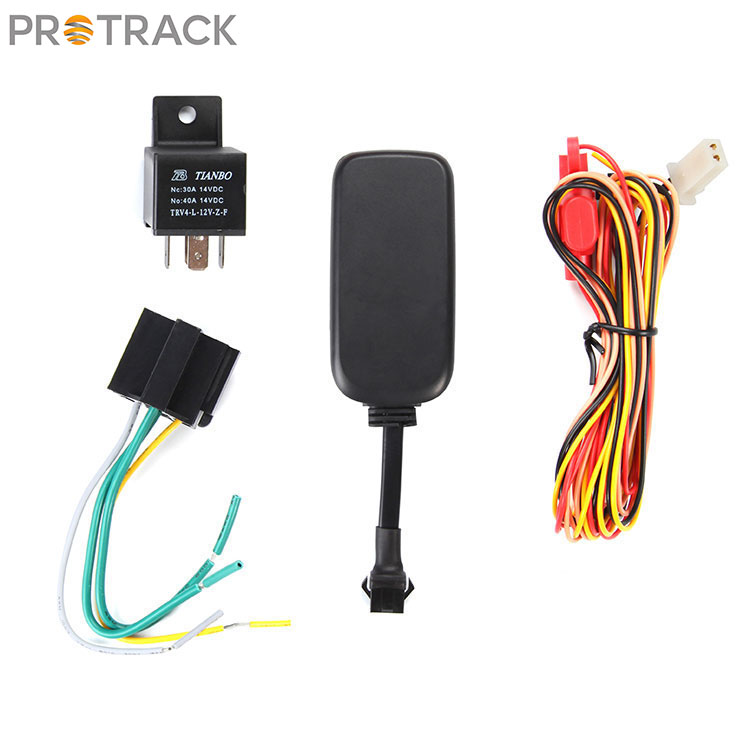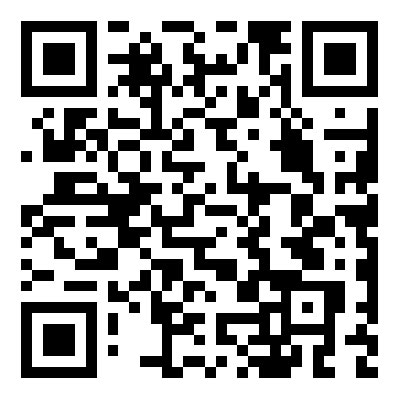The Importance and Benefits of Tracking Device GPS Sensors in Modern Technology
2025-02-19
In today’s fast-paced world, the ability to track assets, vehicles, people, and even pets has become increasingly important for both businesses and individuals. GPS (Global Positioning System) technology has revolutionized the way we navigate and manage resources, and Tracking Device GPS Sensors are at the forefront of this transformation. These sensors offer precise location tracking, real-time monitoring, and invaluable insights that help increase efficiency, security, and convenience. In this blog, we’ll explore what GPS tracking devices are, how they work, and why they’ve become indispensable in various industries and everyday life.
What is a Tracking Device GPS Sensor?
A Tracking Device GPS Sensor is a small, electronic device equipped with a GPS receiver that uses satellite signals to determine its location on Earth. The sensor communicates this data to an external system (such as a smartphone, computer, or centralized monitoring platform), providing real-time location updates and detailed movement tracking.
These sensors are typically integrated into tracking devices, which can be attached to or embedded in assets like vehicles, goods, pets, or even people. The GPS sensor continually updates its location, ensuring that the device always provides the most accurate, up-to-date position.
How Does a GPS Tracking Device Work?
At its core, a GPS tracking device works by receiving signals from multiple satellites orbiting the Earth. The GPS sensor then calculates its exact location based on the time delay between when the signal is sent and when it is received. By triangulating the signals from at least three satellites, the device can determine its position in terms of latitude, longitude, and altitude.
These devices typically include additional features such as:
- Real-time tracking: Updates are sent regularly (often every few seconds to a minute) to a remote server or application.
- Geo-fencing: Alerts can be set when the device enters or leaves a predefined geographic area.
- Speed monitoring: In the case of vehicle tracking, the device can track speed and monitor driving behaviors.
- Battery life: GPS sensors are designed to be energy efficient, with many devices offering extended battery life even with continuous tracking.
Key Benefits of GPS Tracking Device Sensors
1. Improved Security and Theft Prevention
One of the most significant advantages of GPS tracking devices is the enhanced security they provide. Whether used on a vehicle, high-value assets, or personal belongings, GPS sensors allow you to track the exact location of an item in real-time. In the event of theft, a GPS tracking device can help authorities locate the stolen item, improving the chances of recovery. Many vehicle owners and fleet managers install GPS tracking systems in their cars and trucks to reduce the risk of theft.
2. Efficient Fleet Management
For businesses with a fleet of vehicles, GPS tracking devices offer valuable insights that can optimize routes, reduce fuel consumption, and improve delivery times. Fleet managers can monitor the real-time location of each vehicle, ensuring that the workforce is operating efficiently and adhering to schedules. Additionally, GPS sensors can provide driver behavior analysis, helping identify areas where training or improvement may be needed (e.g., harsh braking or speeding).
3. Enhanced Asset Management
Tracking devices are also widely used in industries that rely on the movement of goods, such as logistics, shipping, and warehousing. By attaching GPS tracking devices to high-value items or inventory, businesses can track the precise location of their assets, ensuring they’re delivered safely and on time. Real-time tracking allows for more accurate inventory management, reduces losses, and helps businesses respond quickly to any disruptions in the supply chain.
4. Personal Safety and Peace of Mind
GPS tracking devices aren’t just for vehicles and assets; they can also provide peace of mind for individuals. Wearable GPS trackers for children, elderly family members, or pets help loved ones stay safe by providing real-time updates on their whereabouts. In emergency situations, these devices can be a lifesaver, allowing caregivers or family members to quickly locate someone who may be in distress or lost.
5. Better Time and Resource Management
GPS tracking devices can help businesses streamline their operations by offering insights into how time and resources are being used. For example, delivery drivers can be routed along the fastest paths, reducing delays and fuel costs. Similarly, employees working remotely or in the field can be monitored for efficiency, ensuring that tasks are completed on time and to a high standard.
6. Environmental Benefits
When used in fleet management, GPS tracking devices can also have an environmental benefit. By optimizing driving routes, reducing idle times, and monitoring fuel usage, companies can lower their carbon footprint and operate more sustainably. The eco-driving data provided by GPS sensors helps promote more responsible driving habits, such as reducing fuel consumption and minimizing emissions.
Applications of GPS Tracking Devices
The versatility of GPS tracking devices means they can be used across a broad spectrum of industries and use cases. Here are just a few examples:
1. Automotive Industry
- Vehicle tracking: For personal cars or fleets, GPS sensors ensure real-time location tracking, theft prevention, and route optimization.
- Driver behavior monitoring: Fleet management systems use GPS tracking to monitor driver performance, improving safety and reducing fuel consumption.
2. Logistics and Shipping
- Real-time asset tracking: Cargo companies use GPS tracking to ensure the safe and efficient transport of goods across long distances.
- Supply chain management: GPS-enabled logistics systems help monitor the movement of goods in warehouses and in transit, reducing losses and delays.
3. Personal Use
- Wearable trackers: Devices like fitness trackers, children’s safety watches, and personal emergency trackers help individuals maintain situational awareness and safety.
- Pet trackers: GPS sensors embedded in collars help pet owners track the location of their pets in real-time, ensuring they don’t get lost.
4. Outdoor Recreation
- Adventure tracking: GPS sensors are widely used in hiking, camping, and boating to provide location data for personal safety and navigation.
- Wildlife tracking: Researchers and wildlife conservationists use GPS tracking to monitor the movements of animals in the wild for research purposes.
5. Healthcare
- Patient monitoring: GPS devices help healthcare providers keep track of patients with chronic conditions or cognitive impairments, ensuring their safety and improving emergency response times.
- Medical transport: Ambulances and medical transport vehicles can be tracked to ensure timely delivery of medical supplies or patient transport.
Future of GPS Tracking Devices
As technology continues to evolve, so too will the capabilities of GPS tracking devices. Advanced sensors are now able to track not only location but also other important data, such as temperature, humidity, and shock levels. This opens up new possibilities in industries like cold chain logistics, where tracking environmental conditions is just as important as location tracking.
Moreover, with the rise of 5G networks and Internet of Things (IoT) technologies, GPS tracking devices are becoming smarter and more interconnected. These devices can now be integrated with other systems, offering real-time data analysis, automated alerts, and predictive maintenance capabilities for fleets and other assets.
From improving security and efficiency to enhancing personal safety and environmental sustainability, GPS tracking device sensors offer countless benefits across a range of industries and personal applications. Whether you're a fleet manager, a parent, or a pet owner, GPS tracking devices provide peace of mind and control, ensuring that you have the information you need at your fingertips. As technology continues to advance, the future of GPS tracking will undoubtedly become even more integrated and sophisticated, providing more valuable insights and improving the way we manage the world around us.



